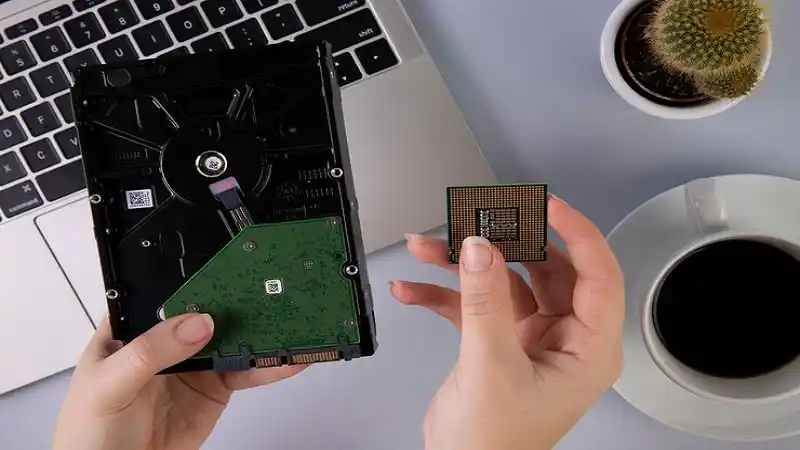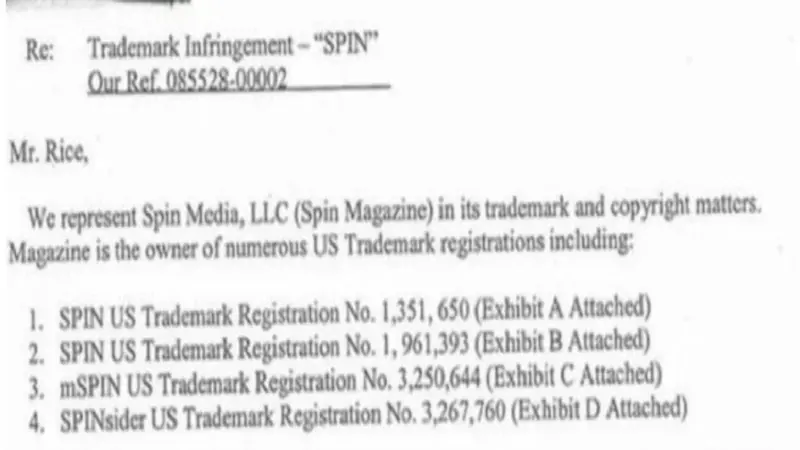The Context: NVIDIA’s Rise and Influence
NVIDIA Corporation, founded in 1993 by Jensen Huang, Chris Malachowsky, and Curtis Priem, has grown to become a dominant player in the tech industry, particularly in the fields of AI, gaming, and data centers. The company’s graphics processing units (GPUs) are renowned for their performance and have been integral to advancements in AI, machine learning, and autonomous vehicles.
As NVIDIA’s influence and revenue have grown, so too has its philanthropic footprint. The company has been involved in numerous charitable initiatives, often focusing on education, technology access, and disaster relief. However, its recent Nvidia 15m Israeli Israelhamasscheerreuters causes has placed the company at the center of a geopolitical controversy.
The Donation: A Gesture of Support
In an unexpected and bold move, NVIDIA announced its decision to donate Nvidia 15m Israeli Israelhamasscheerreuters to support Israeli causes, including technological education, innovation, and humanitarian aid. The donation was made during a particularly tumultuous time, with the ongoing conflict between Israel and Hamas dominating global news. This conflict, marked by airstrikes, rocket attacks, and significant civilian casualties, has intensified the longstanding tension between Israel and Palestine.
NVIDIA’s donation was intended to bolster Israel’s technological and educational sectors, where the country has long excelled. Israel is often referred to as the “Startup Nation” due to its high number of startups per capita and its robust tech ecosystem. NVIDIA’s financial support was directed toward initiatives to further enhance Israel’s status as a global tech hub.
The Israeli-Palestinian Conflict: A Brief Overview
To fully understand the reactions to NVIDIA’s donation, it’s essential to grasp the broader context of the Israeli-Palestinian conflict. This conflict has its roots in the early 20th century, with tensions escalating following the establishment of the state of Israel in 1948. The ensuing decades have seen multiple wars, uprisings, and peace processes, none of which have resulted in a lasting resolution.
At the heart of the conflict are issues of land, sovereignty, and the rights of both Israelis and Palestinians. The Gaza Strip, a small territory bordering Israel, Egypt, and the Mediterranean Sea, has been a focal point of the conflict. Hamas, a Palestinian militant organization, has controlled Gaza since 2007 and is considered a terrorist group by Israel, the United States, and the European Union. The frequent clashes between Israel and Hamas have resulted in significant loss of life and widespread destruction, with both sides suffering casualties.
Reactions to NVIDIA’s Donation: Praise and Criticism
The Nvidia 15m Israeli Israelhamasscheerreuters donation by NVIDIA has elicited a wide range of responses, reflecting the deeply polarizing nature of the Israeli-Palestinian conflict.
Support for NVIDIA’s Donation
Supporters of NVIDIA’s donation argue that the company’s decision to invest in Israel is a recognition of the country’s contributions to global technology and innovation. Israel is home to numerous tech startups and research institutions that have played pivotal roles in advancing AI, cybersecurity, and other cutting-edge fields. NVIDIA’s financial support is seen as a means to foster further technological advancements that could benefit the world at large.
Additionally, proponents of the donation highlight the humanitarian aspect of NVIDIA’s contribution. A portion of the funds was allocated to aid victims of the conflict, including those displaced by violence and in need of medical care. Supporters contend that in times of crisis, humanitarian aid should transcend political considerations, focusing instead on alleviating human suffering.
Criticism of NVIDIA’s Donation
On the other hand, critics of NVIDIA’s donation have expressed concern that the company’s actions could be perceived as taking sides in a deeply contentious conflict. Given the ongoing violence and the asymmetry of power between Israel and Palestine, some argue that NVIDIA’s financial support for Israeli causes may inadvertently contribute to the further marginalization of Palestinians.
Critics also point out that the donation comes at a time when the international community is increasingly scrutinizing the actions of both Israel and Hamas. The United Nations, along with various human rights organizations, has raised concerns about the humanitarian impact of the conflict, particularly on civilians in Gaza. In this context, NVIDIA’s donation has been seen by some as tacitly endorsing the status quo, rather than promoting dialogue and peace.
Furthermore, there is concern that such a donation from a major tech company could set a precedent for other corporations, potentially leading to increased polarization in the tech industry. In a world where companies are increasingly expected to take stands on social and political issues, NVIDIA’s donation could be interpreted as aligning the company with one side of the conflict, rather than remaining neutral.
The Broader Implications: Corporate Social Responsibility in Conflict Zones
Nvidia 15m Israeli Israelhamasscheerreuters donation raises important questions about the role of corporate social responsibility (CSR) in conflict zones. In an era where consumers and stakeholders expect companies to act ethically and contribute to social causes, how should corporations navigate the complexities of geopolitical conflicts?
On one hand, companies like NVIDIA have the financial resources and influence to make a positive impact in areas affected by conflict. Philanthropic initiatives can provide much-needed support for education, healthcare, and infrastructure in war-torn regions. However, these actions also carry the risk of being perceived as taking sides, which can have unintended consequences for both the company and the communities involved.
The concept of “not harm” is often invoked in discussions of corporate philanthropy, particularly in conflict zones. This principle suggests that companies should carefully consider the potential impacts of their actions and strive to avoid exacerbating existing tensions.
The Future: Navigating Controversy and Building Bridges
As NVIDIA continues to expand its global influence, the company will likely face further challenges related to its social and political responsibilities. The controversy surrounding the $15 million donation serves as a reminder of the delicate balance that corporations must strike when engaging in philanthropy, particularly in areas of conflict.
Moving forward, NVIDIA and other companies in similar positions may need to adopt more nuanced approaches to CSR in conflict zones. This could involve greater engagement with a broader range of stakeholders, including local communities, NGOs, and international organizations. By fostering dialogue and collaboration, corporations can contribute to peacebuilding efforts while still supporting innovation and development.
In conclusion, Nvidia 15m Israeli Israelhamasscheerreuters donation to Israeli causes has sparked a global debate, reflecting the complexities of corporate philanthropy in a world fraught with conflict. As the tech industry continues to grow in influence, the actions of companies like NVIDIA will be closely watched, not only for their technological contributions but also for their role in shaping the social and political landscape. Whether this donation will ultimately be seen as a positive force for change or a divisive gesture remains to be seen, but it undoubtedly highlights the challenges of navigating corporate responsibility in an interconnected world.




